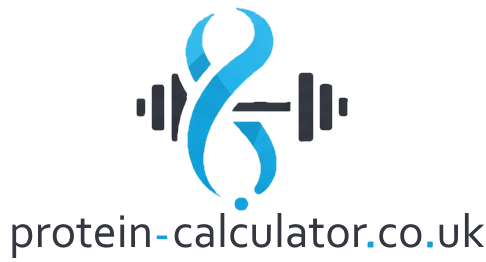Methodology: How We Calculate Protein
We believe in transparency and accuracy. This protein calculator is designed to provide you with a well-informed estimate of your daily protein needs based on established scientific principles.
The Core Formula
Our calculation begins by determining your protein requirements based on your body weight. The most common and widely accepted method for this is a grams-per-kilogram calculation. We use multipliers that adjust this base value according to your personal activity level and fitness goals.
Weight (kg) × Activity Multiplier × Goal Multiplier = Daily Protein (g)
Activity Level Multipliers
Your activity level significantly impacts your protein needs. Muscle tissue is broken down during exercise and requires protein to repair and grow back stronger. We use the following standard multipliers:
- Sedentary: 1.2 (Standard RDA base)
- Lightly Active: 1.375
- Moderately Active: 1.55
- Very Active: 1.725
- Extra Active: 1.9
Goal-Based Adjustments
Whether you want to lose fat, build muscle, or maintain your current weight changes your protein requirements:
- Fat Loss: Higher protein intake is beneficial during a calorie deficit. It helps preserve lean muscle mass and increases satiety, making it easier to stick to your diet.
- Muscle Gain: To build new muscle tissue (hypertrophy), your body needs a surplus of amino acids from protein.
- Maintenance: This setting provides a balanced protein intake to maintain your current muscle mass and support overall health.

